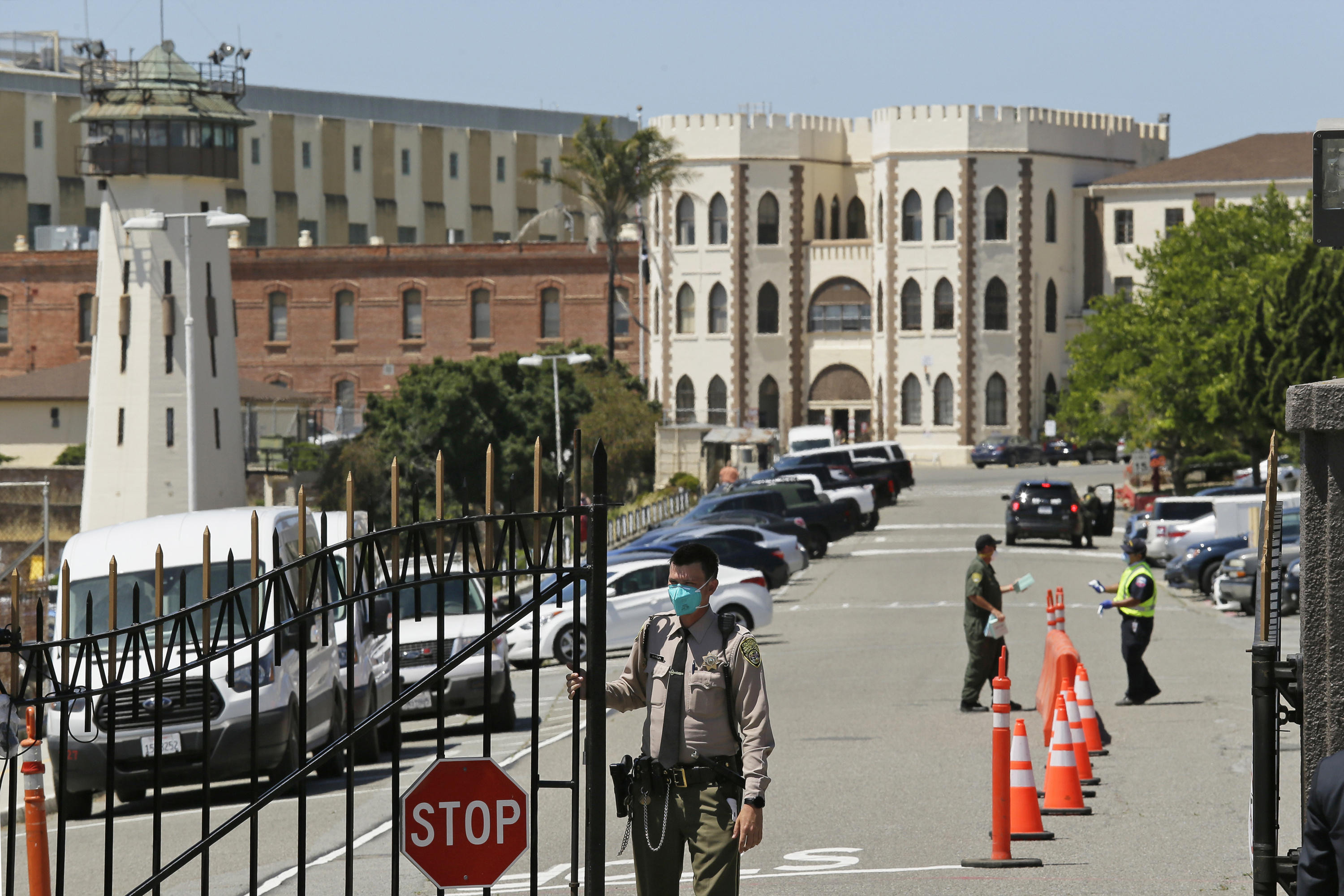
What to Know
- A judge on Wednesday temporarily halted California’s plans to speed the potential prison release dates for repeat offenders with serious and violent criminal histories under the state’s “three strikes” law.
- The prosecutors argued that it would apply to those convicted of, among other things, domestic violence, human trafficking, animal cruelty and possession of weapons by inmates who have previous convictions for serious and violent felonies. California has a narrow definition of what constitutes a violent crime.
- “Many of these so-called nonviolent second-strikers have long and violent criminal histories — including repeat felony domestic violence convictions, sexual assaults and gun violence,” said Sacramento County District Attorney Anne Marie Schubert.
A judge on Wednesday temporarily halted California’s plans to speed the potential prison release dates for repeat offenders with serious and violent criminal histories under the state’s “three strikes” law.
California corrections officials had filed emergency regulations to boost good conduct credits for second-strike inmates serving time for nonviolent offenses who are housed at minimum-security prisons and camps.
Their daily credits were to have increased from half off their sentences to two-thirds off their sentences starting with the new year Saturday.
Twenty-eight of California’s 58 district attorneys moved to block the rule.
A Sacramento County judge imposed a temporary restraining order barring the change until a hearing next month.
The prosecutors argued that it would apply to those convicted of, among other things, domestic violence, human trafficking, animal cruelty and possession of weapons by inmates who have previous convictions for serious and violent felonies. California has a narrow definition of what constitutes a violent crime.
Prison officials said they are reviewing the judge’s order and will proceed with other portions of the regulations that were not blocked.
“Many of these so-called nonviolent second-strikers have long and violent criminal histories — including repeat felony domestic violence convictions, sexual assaults and gun violence,” said Sacramento County District Attorney Anne Marie Schubert.
She led the effort and is running for state attorney general on a law-and-order platform. The prosecutors did not oppose related changes in how good conduct credits are awarded to inmate firefighters.
“No one is contesting good conduct credits for fire camp work, but sneaking in another class of individuals with serious and violent criminal histories goes too far,” Schubert said.
Corrections officials responded in a statement that their primary mission is public safety.
“As part of that mission we will continue to ensure incarcerated people who are making efforts towards their own rehabilitation by maintaining good behavior and participating in programming and rehabilitative opportunities are afforded the chance to earn credits for their efforts,” they said.
